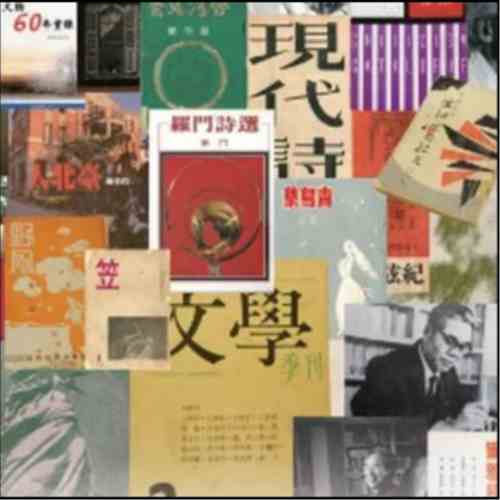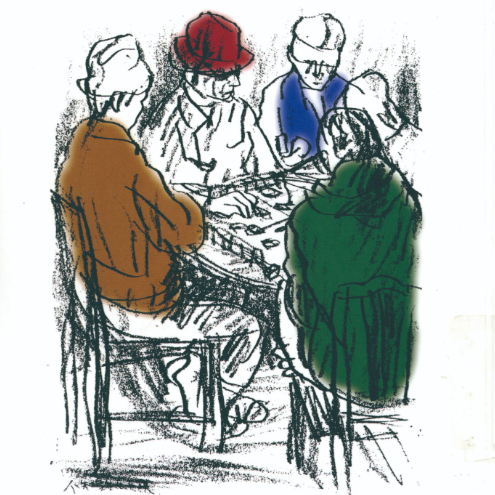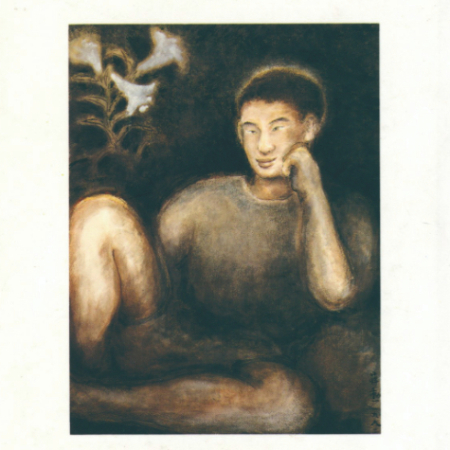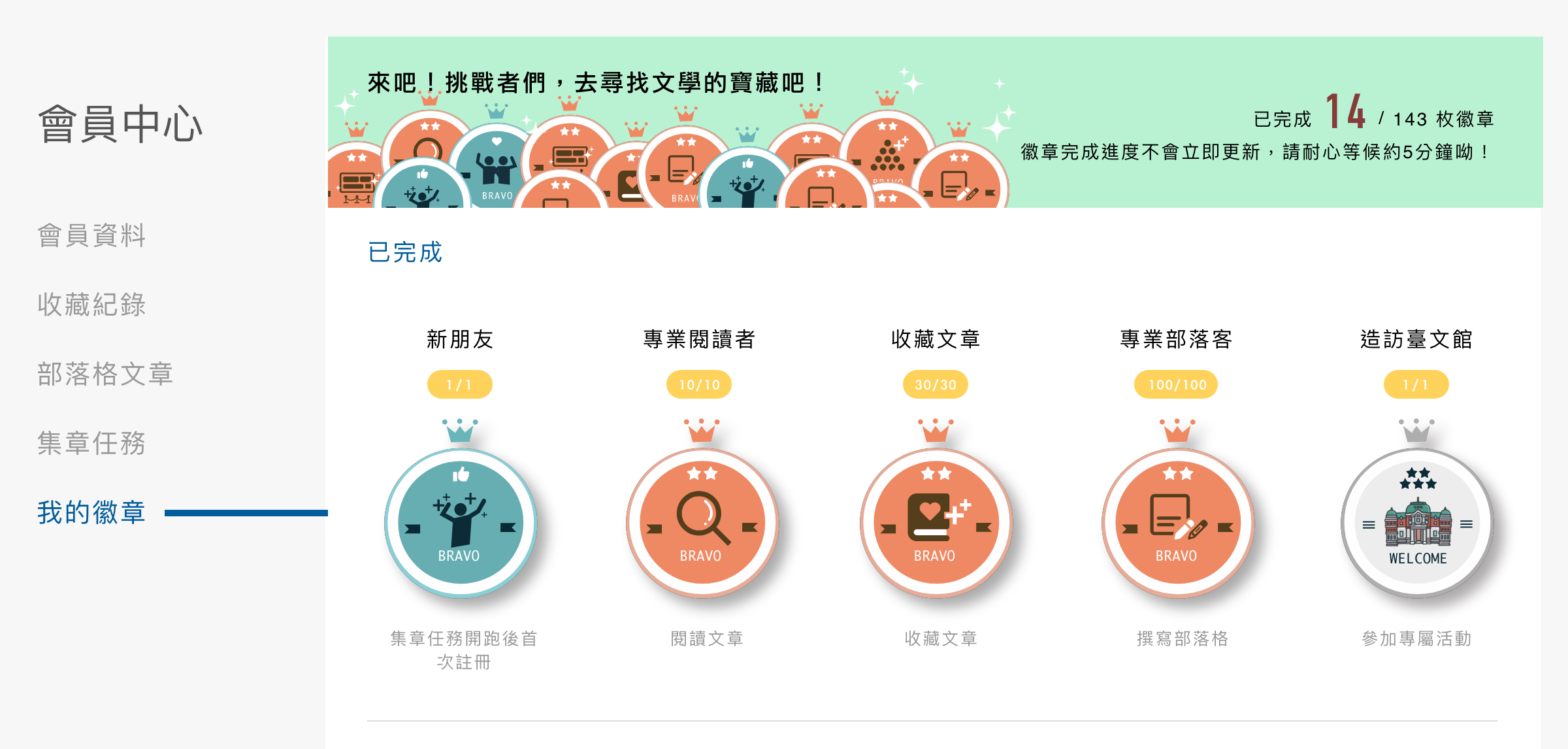In the 1950s a great number of women writers began to arrive on the scene. For the most part, these women had come to Taiwan from the mainland of China and were widely active in literary circles. Women like Zhang Xiuya, Ai Wen, Meng Yao, Pan Renmu, and Xu Zhongpai were all quite prolific writers. In fact, they accounted for half the literary production of creative literature in Taiwan at the time.
What was generally called “women’s literature” not only referred to the gender of the writers but also the topics they wrote about, as well as a style and point of view that differed from that of their male counterparts—which put their work in a class of its own.
In the 1970s and ‘80s this so-called “boudoir literature” was represented by the works of such writers as Xiao Lihong, Yuan Qiongqiong, Zhu Tianxin, and Xiao Sa. Their themes mostly revolved around love and marriage and they were very skilled at portraying in exquisite detail women’s lives and their innermost feelings. An iconic work in the genre was A Thousand Moons on a Thousand Rivers (千江有水千江月). In addition to these themes, works based in female consciousness regularly began to appear—this was owing to a gradual awakening of social consciousness and the introduction of feminist thinking. Liao Huiying’s Ah Fei (油麻菜籽) concretely depicts the frustrated and hopeless fate of womankind; in The Butcher’s Wife (殺夫) Li Ang mercilessly skewers the world of male dominance on a sharp blade.
.jpg)
Xiao Lihong, A Thousand Moons on a Thousand Rivers
Following along with the liberalization of politics and changes in the national image, “family memoirs became the major focus for many women writers. They deconstructed and reconstructed family and nation from a woman’s point of view. Whether it was family history like Chen Ye’s Muddy River (泥河), Yuan Qiongqiong’s Fate in This Life (今生緣) or national memoirs like Ping Lu’s Love and Revolution (行道天涯) and Chen Yuhui’s The Story of the Poseidon Family (海神家族), they all powerfully laid out the unique “coordinates” of women’s literature. The political and historical works of Zhu Tianxin, As I Recall . . . ( 我記得⋯) and Li Ang, Autobiography: A Novel (自傳 の小說) and the lesbian writing of Qiu Miaojin, Notes of a Crocodile (鱷魚手記) and Chen Xue, The Bad Girl Book (惡女書), completely broke through the heavy framework of male narration.
.jpg)
Zhang Huiqing, The Apocalyptic Morning.
From time immemorial “women’s literature” has always been denigrated as inferior, but once women firmly grasp the right of free speech, their writing became a genre not be ignored. Not only were women experiencing and moving through a change in literary history, they were moving from the margins toward the road of subjective Ed., Qiu Guifen. Women Writers in Taiwan: consciousness.

.jpg )
.jpg)








